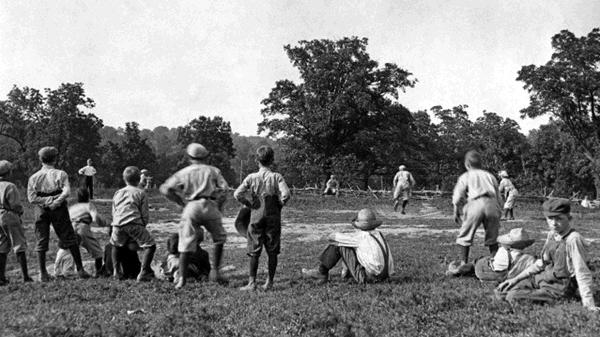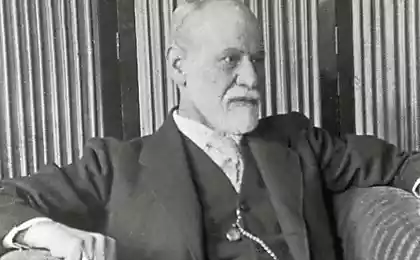1129
Men from childhood consider psychoanalysis empty occupation

Psychologists at the University of Missouri prove that a higher-not inclined to talk about their (and others') problems from an early age, and the capacity for empathy they need to deliberately cultivate.
Psychologists at the University of Missouri, interviewing a total of 2 thousand. Children and adolescents who participated in four separate studies by the National Institute of Mental Health, it is believed that they were able to refute the popular view, according to which men are too embarrassed to discuss their problems. How to find Professor Amanda Rose and her colleagues, the men did not hesitate, but simply from childhood organically can not understand why do you need to talk on this topic. Boys who participated in the polls, did not express concern or dissatisfaction, invited talk on topics important to them; they just showed misunderstanding of the meaning of this activity.
Participated in the study displayed a girl's positive expectations about the alleged discussion of their problems; they believed that frank conversations will help them to feel understood, not alone, surrounded by care. The boys did not show negative expectations to a greater extent than girls, and not particularly afraid of being ridiculed, experience embarrassment or shame (because it does not solve their problems themselves). Young gentlemen expressed in the sense that a frank conversation will make them feel "strange" and "to feel that they are wasting their time».
Recommendation psychologists parents, engaged in "middle position". Boys can explain that sometimes the conversation to some serious (in their view) theme is not a waste of time. The girls, on the contrary, it is possible to hint that conversations with other problems that are not always the only way to solve them. When these children grow up, they are less likely to fall into the common situation where one of the romantic partner (usually the woman) desperately wants to discuss the issues together, and the other (usually male) concentration deviates from this, sometimes denying the existence of problems.
However, the dissemination of data collected in Missouri, 49% of all mankind, probably correctly; cited boyish answers give you the feeling that with the researchers interviewed thousands of Huckleberry Finns.
Article How Girls and Boys Expect Disclosure About Problems Will Make Them Feel: Implications for Friendships published in the journal Child Development.
And again the aggression caused by video games
Children prefer independent-minded people to those who are not strong your mind























